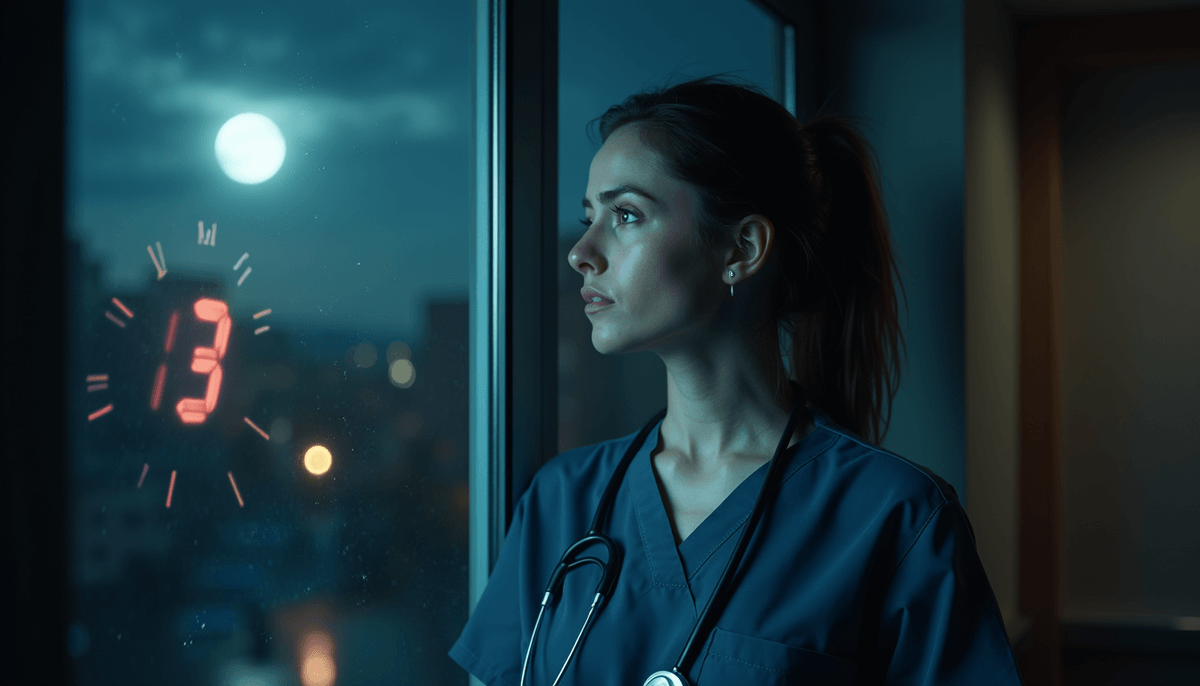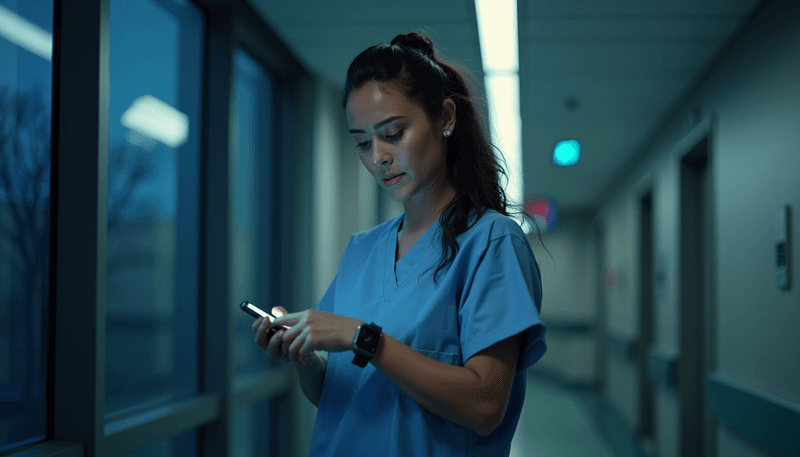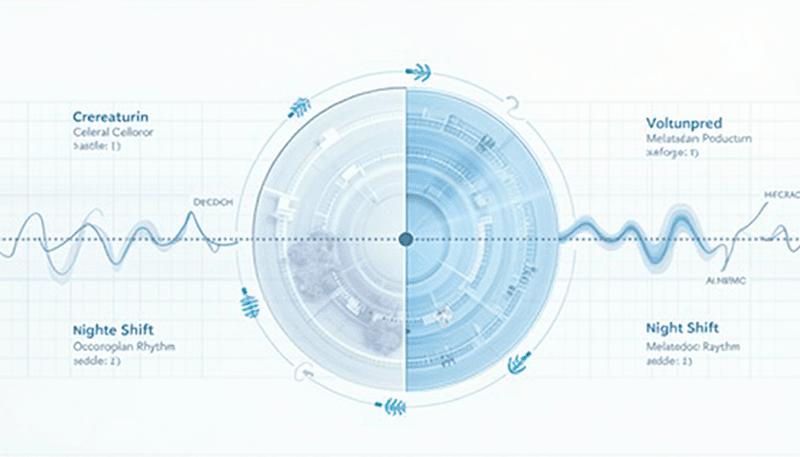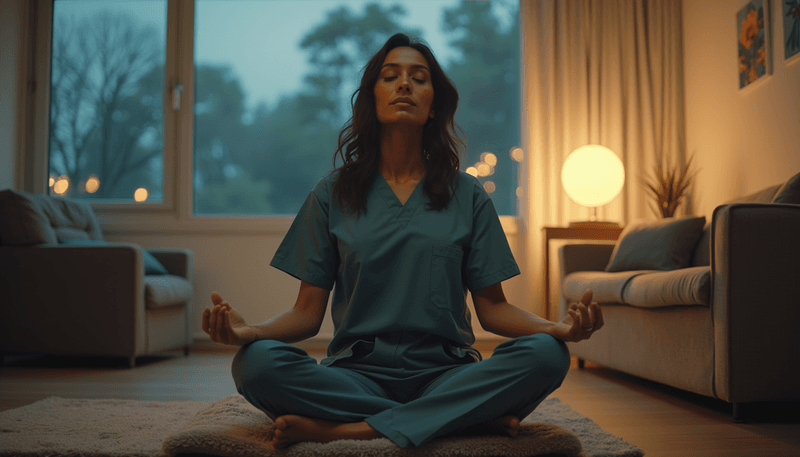Night Shifts May Raise Cancer Risk

Your body has a natural rhythm - a delicate dance of hormones and processes that follow the sun's daily journey across the sky. But what happens when we force this rhythm to adapt to the artificial light of night shifts? A groundbreaking 30-year study tracking over 195,000 female nurses reveals concerning links between night shift work and increased cancer risk.
The Hidden Toll of Night Work
When you work nights, you're not just staying awake when others sleep - you're asking your body to fundamentally rewire its natural processes. The research shows that women who worked rotating night shifts for more than 5 years had a 24% higher risk of developing bladder cancer compared to those who never worked nights. This isn't just about feeling tired - it's about profound changes in your body's internal clockwork.
"Think about it - how often do you push through that 3 AM drowsiness with another cup of coffee, telling yourself it's just temporary?"
Our bodies produce melatonin, often called the sleep hormone, during darkness. When you're exposed to bright light at night, this production gets suppressed. But melatonin does more than help us sleep - it's also a powerful antioxidant that helps protect our cells from damage that could lead to cancer.
Protecting Yourself During Night Shifts
While some professions require night work, there are ways to minimize its impact on your health:
- Create a Dark Sleep Haven:
- Install blackout curtains in your bedroom
- Use an eye mask
- Keep electronics out of your sleeping space
- Strategic Light Exposure:
- Get bright light exposure during your work hours
- Wear blue-light blocking glasses on your commute home
- Gradually dim lights as you prepare for sleep
- Maintain Regular Meals:
- Eat your main meals at consistent times
- Avoid heavy meals within 2-3 hours of bedtime
- Stay hydrated but reduce fluids before sleep
The Role of Recovery and Rest
The study revealed something interesting - the cancer risk was higher during active years of night shift work and decreased after retiring from night shifts. This suggests our bodies have some ability to recover when we return to normal schedules.
Key recovery strategies include:
- Taking regular breaks during night shifts
- Maximizing your off-duty sleep
- Maintaining consistent sleep-wake schedules even on days off
- Using relaxation techniques to improve sleep quality
Ask yourself: "What small changes can I make to my routine today that will protect my health tomorrow?"
Understanding Your Personal Risk
The research highlighted that certain factors can influence how night work affects you:
- Age when you start night work
- Total years of night shifts
- Individual sleep patterns
- Overall health habits
It's essential to:
- Track your sleep quality and duration
- Monitor any unusual health changes
- Have regular health check-ups
- Discuss concerns with your healthcare provider
The study specifically looked at women in nursing, but these findings have implications for anyone working nights. While we can't always choose our work hours, we can choose how we protect our health within those constraints.
Night shift work may be necessary in our 24/7 world, but that doesn't mean we have to accept its health impacts without taking action. Start by implementing one protective strategy this week - whether it's upgrading your sleep environment or adjusting your light exposure. Your body's natural rhythm will thank you.
What's one change you can make to your night shift routine this week to better protect your health?

Dr. Anya Sharma, MD
Dr. Anya Sharma is a board-certified gynecologist with over a decade of experience specializing in women's health and patient education. She graduated from Johns Hopkins School of Medicine and completed her residency in Obstetrics and Gynecology at a top hospital in New York City. With a passion for empowering women, Anya transitioned to content creation to provide accessible, evidence-based information on health topics relevant to mid-aged women. Her empathetic and pragmatic approach combines medical expertise with relatable insights, making her a trusted voice in the field.







